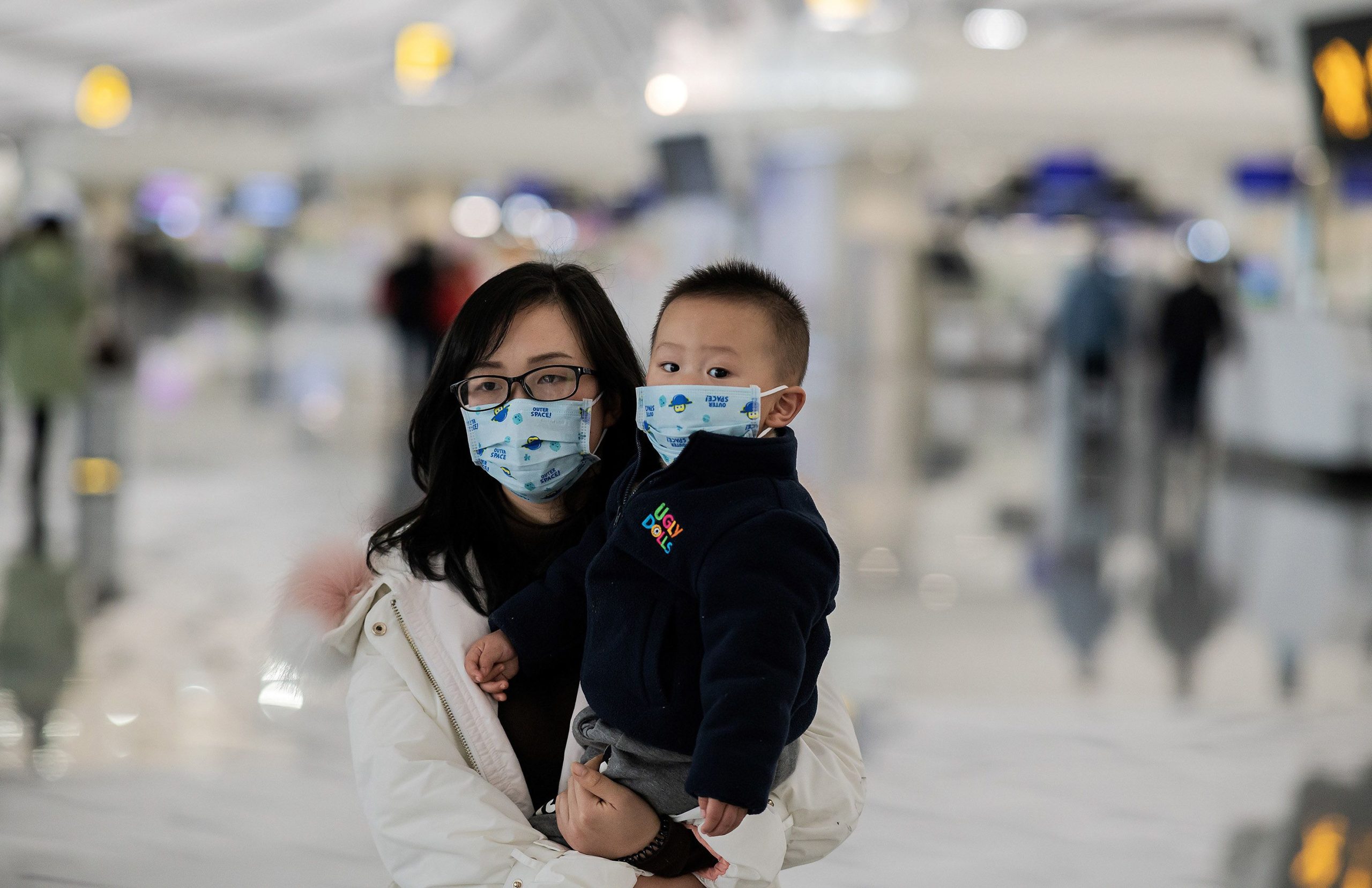Alternatives to military intervention in Syria
By David Cortright
In June the influential Center for New American Security (CNAS) issued a report that urges greater U.S. military involvement in Syria to defeat ISIS and bolster Syrian opposition groups. The report calls for more American bombing, the deployment of additional U.S. troops on the ground, the creation of so-called ‘no-bombing’ zones in rebel-held territory, and a range of other coercive military measures that would significantly increase the scale of U.S. involvement.
Also in June a group of more than 50 U.S. diplomats used the State Department’s ‘dissent channel’ to issue a public appeal for U.S. air strikes against the government of Syria, arguing that attacks against the Assad regime would help to achieve a diplomatic settlement.
Several of those advocating greater military involvement in Syria are senior advisers to Hilary Clinton, including former Under Secretary of Defense Michele Flournoy, who chaired the CNAS task force. If Clinton wins the presidency she will face significant pressure to deepen American military intervention in Syria.
I agree that the United States should do more to try to end the war in Syria and reduce the threat from ISIS and violent extremist groups, but greater American military intervention is not the answer. The proposed plans for more bombing and troop deployments would create more war in the region not less. It would increase the risk of military confrontation with Russia, lead to more American casualties, and could escalate into another major U.S. land war in the Middle East.
Alternative approaches are available, and they need to be pursued vigorously to help resolve the crises in the region and isolate ISIS and violent extremist groups.
Rather than plunging more deeply into the war in Syria, the United States should:
· place much greater emphasis on seeking diplomatic solutions, partnering with Russia and states in the region to revive and strengthen local ceasefires and create political solutions,
· continue and intensify efforts to impose sanctions on ISIS and block the flow of foreign fighters into Syria,
· support local groups in the region that are pursuing peacebuilding dialogue and nonviolent solutions,
· increase humanitarian assistance and accept refugees fleeing the conflict.
Current diplomatic efforts under the auspices of the United Nations should be sustained and strengthened, despite the many setbacks to the process. The United States should partner directly with Russia, Iran, Turkey and other neighboring states to revive and strengthen local ceasefires and create a long-term plan for political transition and more inclusive governance in Syria. Iran should be invited to co-chair the diplomatic process and asked to use its extensive leverage with Syria and Iraq to facilitate diplomatic and political solutions.
UN Security Council Resolution 2253 adopted last December requires states to criminalize support for ISIS and take vigorous measures to prevent their nationals from traveling to fight with the terrorist group and its affiliates. Greater efforts are needed to implement these measures and stem the flow of foreign fighters into Syria.
Many local groups in Syria are utilizing nonviolent methods to oppose ISIS and pursue peacebuilding dialogues and reconciliation efforts. Maria Stephan of the U.S. Institute of Peace has proposed a range of options for using civil resistance to defeat ISIS. These efforts by Syrian women, youth and religious leaders need international support. They will become critically important when the fighting eventually diminishes and communities face the grueling challenge of rebuilding and learning to live together again.
The United States has been a leader in international humanitarian assistance for the migrants fleeing the fighting in Syria and Iraq. These efforts should be continued and expanded. Washington must also follow the lead of Germany in accepting a greater number of war refugees into the United States and providing assistance for local governments and religious and community groups that wish to house and support the refugees.
It is also necessary to support longer term efforts to resolve the underlying political grievances in Syria and Iraq that have driven so many people to pick up arms and resort to violent extremist methods. This will require more inclusive and accountable governance across the region and greater efforts to enhance economic and political opportunity for all.
If we want to prevent more war, we have to show that peace is the better way.
The views expressed in this article are the author\’s own and do not necessarily reflect The Times Of Earth\’s editorial policy.











